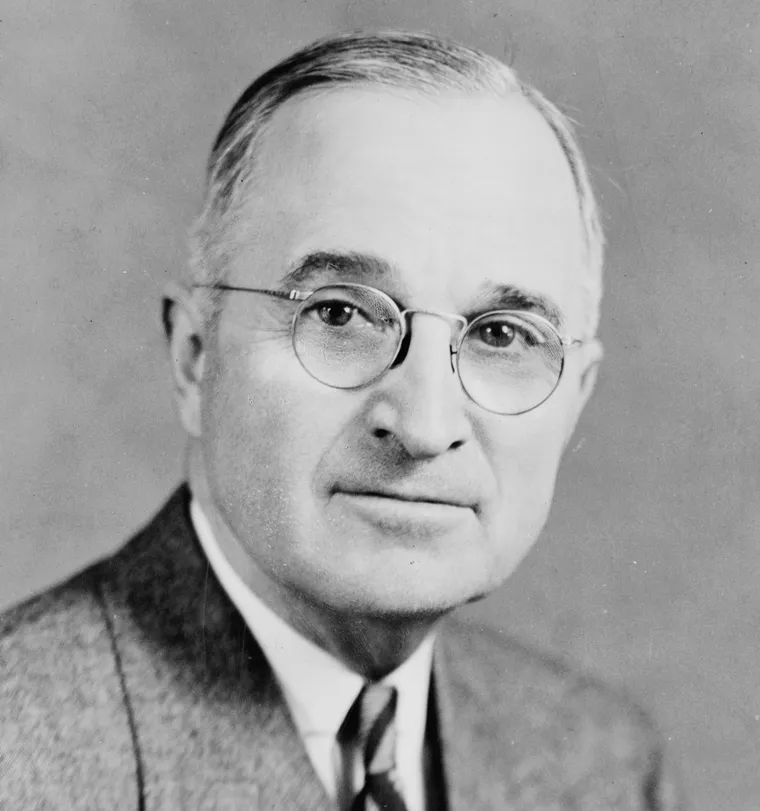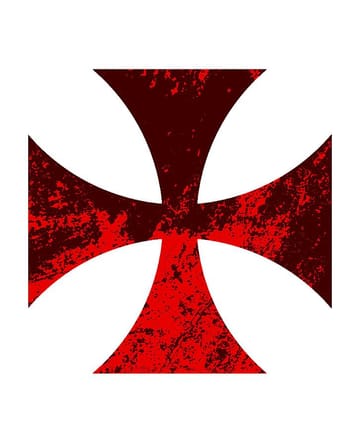The only president to serve in World War I was Harry S. Truman. He did so with pride and did well at his job. Despite being seen as a relatively weak man by his troops initially, he became very well respected later in the war.
Truman was 32 years old when he enlisted, as he was too old for the draft. Truman took over an Artillery Battery known as Battery D, which consisted of about 220 men. Athletic and prone to swearing, these men, occasionally labeled as drunks, were nothing like Truman. Many of these men were Irish and German Catholics who were high school graduates who primarily came from the Kansas City area.[1] Truman took over Captain John Thatcher’s Battery. Thatcher was respected by his men but was seen as a little old for the combat the battery would face.[2]
The type of combat was not trench warfare or even head-to-head warfare. The battle these men faced would include mainly artillery barrages. A particular troop in the battery, Edward D. McKim, remembered that when Truman arrived, his “knees were knocking together” and that he was “scared to death.”[3] Truman later admitted that he was afraid. However, this certainly did not show in moments when the men needed him.
Vere E. Leigh, who also gave an account of Harry Truman, backed up the thought of Truman’s bravery. Leigh stated:
You were asking about Truman — you'd have thought that he was sitting in the kitchen of his own home with his feet on a chair and about as much worried when we were under fire. I don't think he'd ever been under fire before, either, but it didn't bother him a darned bit.[4]
The first time the Battery came under fire with Truman was also the first time Truman was under fire in his life. Yet Truman remained unfazed. The men of the battery called the first time they were fired upon the Battle of “Who Run.”[5] Here, Truman, who was not seen as immensely competent by his men, became confident, gave his men orders, and gained their respect thanks to his calmness in that situation. Not only was Truman capable in battle, but as his unit moved forward, Truman allowed his men to rest and successfully limited the number of casualties in his unit. Only one soldier from Battery D would die the whole time that Truman led them.[6]
The Battle gained its name from the young men who ran when the Germans fired upon Battery D. The “Who Run” was a joke since many did not admit that they ran when the barrage began. Truman had the loyalty of his men, and they had his loyalty in return, as he genuinely cared for his unit. This was evident when Truman became President of the United States. In 1949, when Truman was inaugurated, many of the men from the battery were with him during the parade.[7] Truman always enjoyed bringing back the old memories with his men.
Harry S. Truman’s time in World War I may have shaped him. It showed his leadership and gave those who doubted him some hope for a good leader. Generals doubted him, but his men did not, and neither did those who knew what he did for America.
[1] Frederick J. Bowman, interviewed by James R. Fuchs, March 24, 1970, La Jolla, California, Harry S. Truman Library and Museum, 7.
[2] Eugene Donnelly and Edward Meisburger, interviewed by William D. Stilley, December 27, 1975, Kansas City, Missouri, Harry S. Truman Library and Museum, 4.
[3] Edward D. McKim, interviewed by James R. Fuchs, February 17, 1964, Phoenix, Arizona, Harry S. Truman Library and Museum, 8.
[4] Vere C. Leigh, interviewed by James R. Fuchs, March 4, 1970, Stockton, California, Harry S. Truman Library and Museum, 7.
[5] Ibid.
[6] Vere C. Leigh, interviewed by James R. Fuchs, March 4, 1970, Stockton, California, Harry S. Truman Library and Museum, 15.
[7] Edward D. McKim, interviewed by James R. Fuchs, February 17, 1964, Phoenix, Arizona, Harry S. Truman Library and Museum, 71.


